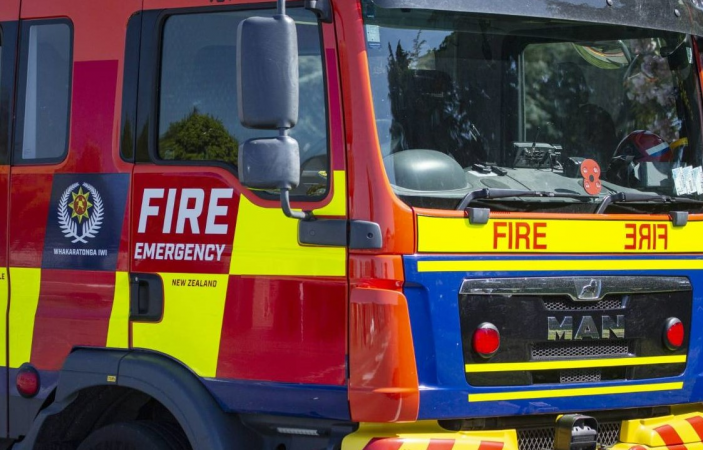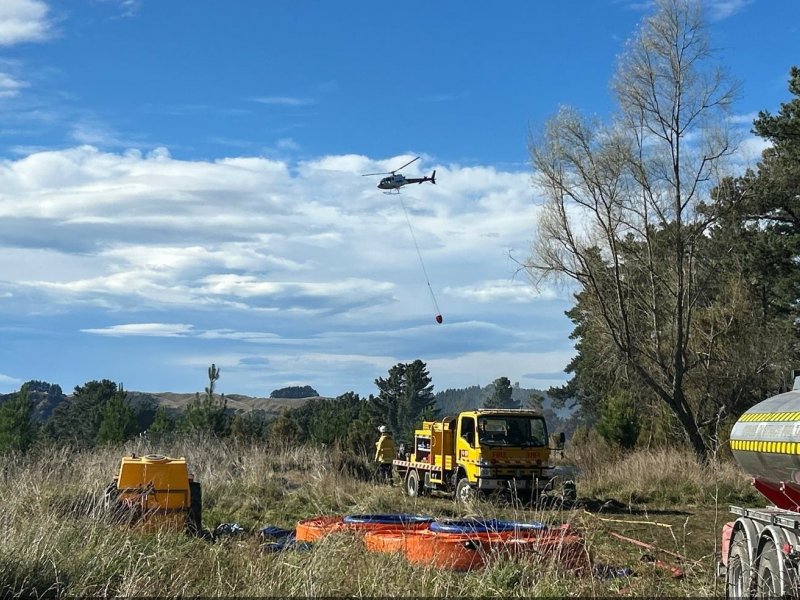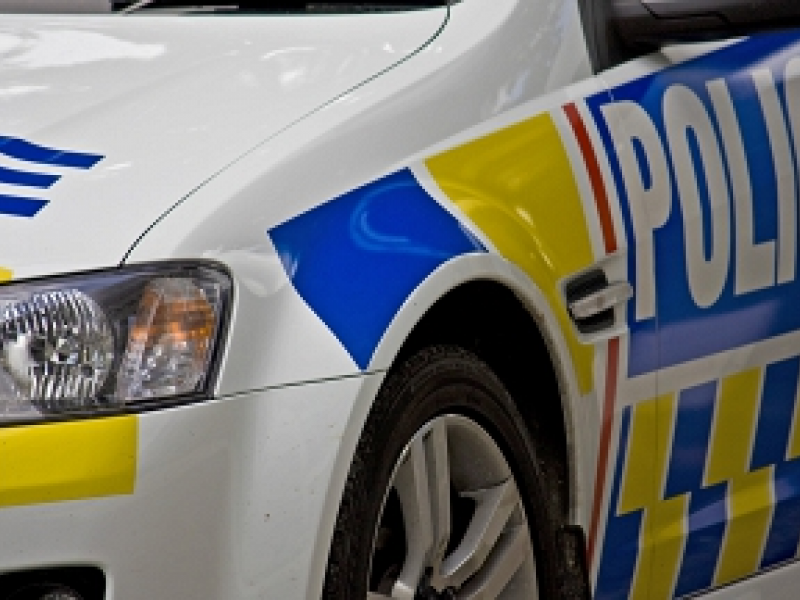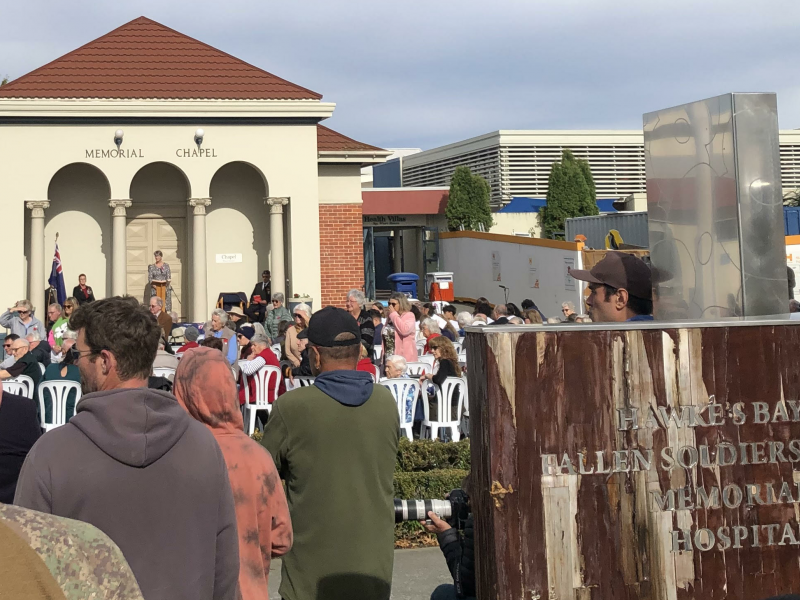Modern technology aids response times for Hawke's Bay firefighters
The time it takes for volunteer fire brigades in Hawke's Bay to respond to an emergency has decreased thanks to the use of modern technology.
Historically stations have relied on sirens in remote communities to alert volunteer firefighters of a fire call. However, about ten years ago, the region's 57 rural and urban volunteer fire brigades opted for pagers and text messages as their primary alert system which involves firefighters dropping what they're doing to head to the station in urgent response.
The move has seen response times decrease by an average of 30-seconds. While that number may not seem like much, Fire and Emergency New Zealand Hawke's Bay Area Commander Ken Cooper says it is "quite significant".
It means firefighters are able to respond to critical emergencies including fires, accidents, and medical events quicker. Other emergency partners including St John Ambulance, police and Civil Defence also subscribe to the same technology.
"It's a system that we've tracked overtime and our volunteers are actually able to make a quicker response to the incident because they're getting an instant alert and secondly it's preventing the nuisance of a siren going off at night, so it is a better outcome for the community."
Sirens are considered a fail-safe system if the pages and phones don't work between the hours of 7pm to 7am. The system is "instantaneous" meaning that if the system does not get an indication that the paging has been successful, it instantaneously sounds the siren.
It is a "very rare" occurrence that the system fails, and in no way does switching the siren off at night "jeopardise the safety of the community", Cooper says.
"We have complete confidence in our alerting system and it has improved our ability to respond to the call."
They used to get regular complaints around sirens. "That's why the decision was taken to switch the sirens off at night time in consultation with the brigades, and the community. In doing so we had to ensure that safety wasn't compromised," Cooper said.
Occasionally a complaint is made when the siren sounds if the pager system fails. "The Hawke's Bay community have for some time now had no sirens at night and it's probably that they have gotten used to it so when they do hear it go off, it's not common so that's when we receive the complaints."
While Hawke's Bay moved to the system when the technology became available, some brigades around the country are only just switching over now. The move has drawn strong views on both sides of the fence.
Cooper says he understands that for some, there is an emotional connection to the siren, but believes the new technology is better for the community. "It is a tried and tested and worldwide recognised way of alerting people, so we've embraced it here.
"My own personal rationale on that is I think there is a historical emotional connection. You hear the siren and you know help is on the way however certainly the evidence shows that the paging system is far more efficient for the community."

























